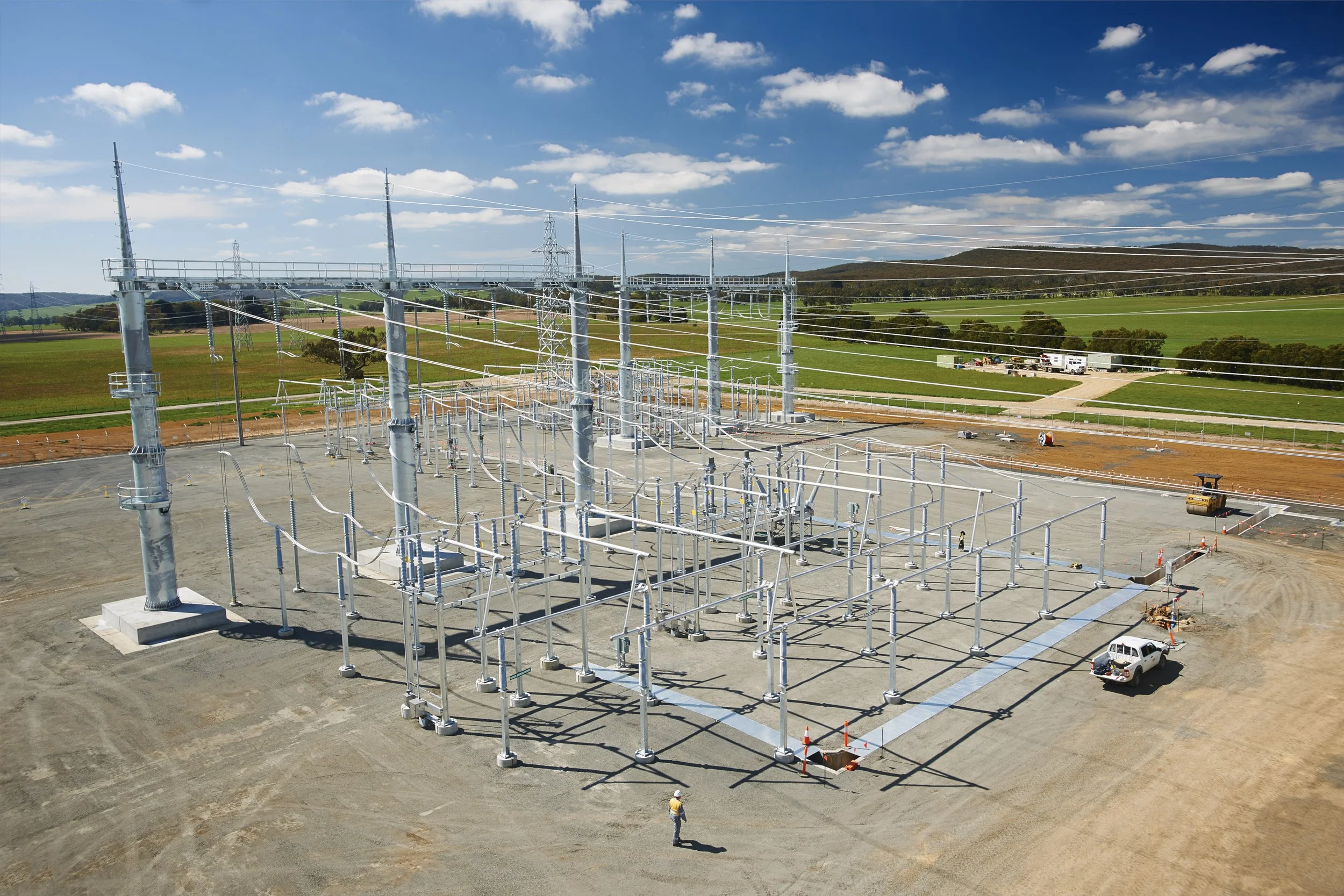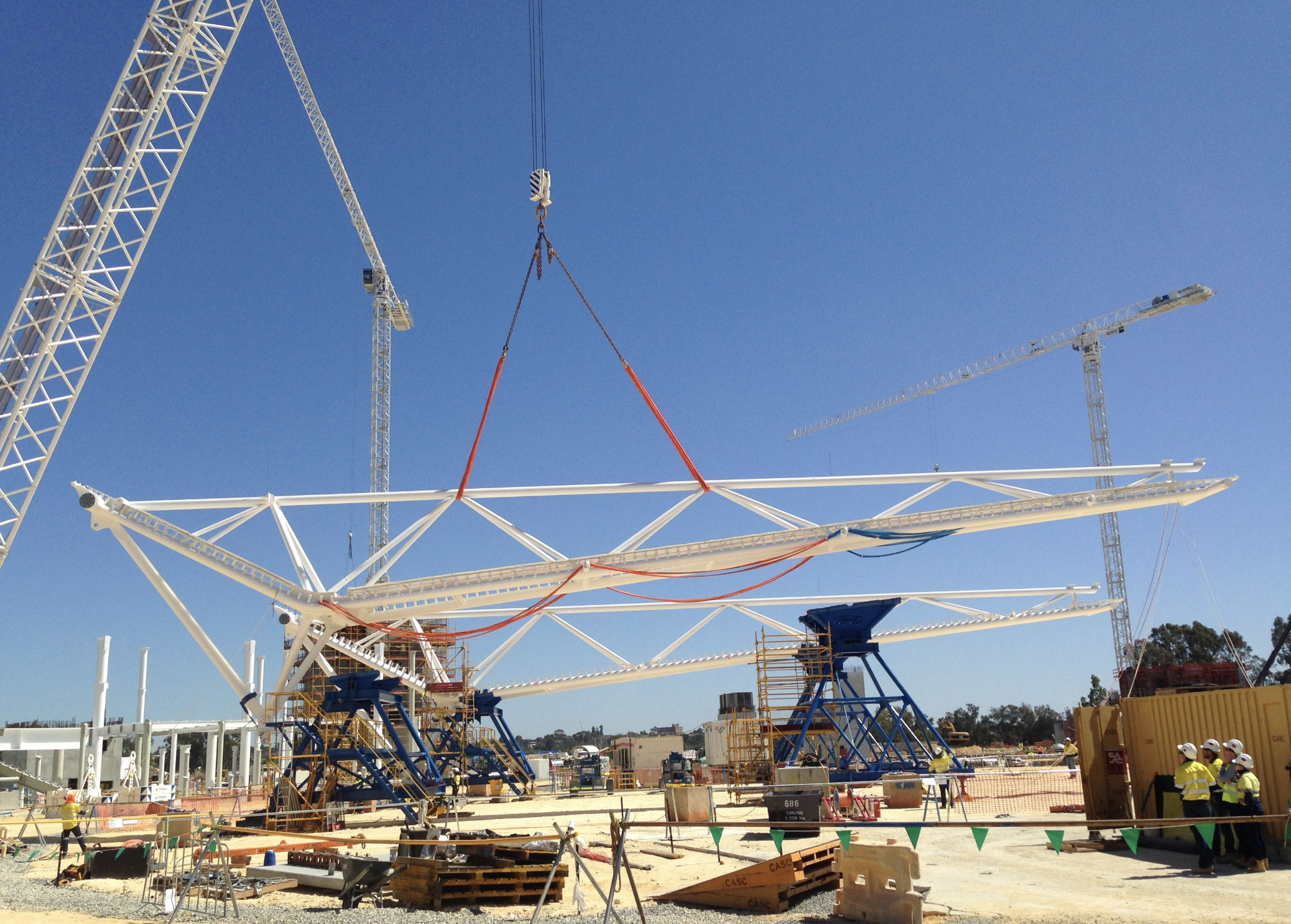Impact over Industry
We don’t choose projects by industry or brand name — we choose them for their potential to make an impact.
From health and energy to construction and beyond, we have worked across sectors, applying scientific rigour and creative problem-solving to the challenges that matter most.
Learn more about our work below.
Predictive Analytics
Performance Monitoring
For a national critical infrastructure provider, identified the root cause of escalating faults across more than one million devices. Applied survival analysis to assess component performance, enabling rapid business decisions that saved hundreds of thousands of dollars within weeks. Developed an ongoing monitoring program to prevent recurrence, with projected operational savings in the millions.
Time Series Forecasting
Developed and deployed time series forecasting solutions in collaboration with clients, identifying key drivers and applying methodologies validated through blinded back tests. For a global hard commodities manufacturer (10,000+ employees, $10B revenue), delivered price and demand forecasts with accuracy exceeding internal and industry benchmarks, presented via a user-friendly interface.
Data Ingestion
Extensive experience in connecting to and ingesting data from diverse sources and access methods, including web scraping, spreadsheets, APIs, and databases. Developed a modular ingestion system that is both robust and scalable, enabling agile integration of data into a centralised store. On-the-fly processing ensures data is delivered clean and up-to-date, providing reliability and ease for downstream analysis.
Emergency Ventilator
Engaged early in the COVID-19 pandemic by NSW Health to design and prototype an ICU grade ventilator for local production. The team developed a world first Venturi ejector valve capable of precisely mixing ambient air and medical-grade oxygen to required ratios. The project involved close collaboration with multiple stakeholders to deliver a fully functional prototype.
Elaine Power Station
Delivered a major infrastructure project under a fast-tracked timeline, including the design and construction of a terminal station and 21km of transmission line. The project introduced innovative prefabrication methods to streamline construction, reduce labour requirements, and overcame challenging site conditions. Achieved zero lost-time injuries across the 311 construction days, with the successful project delivery setting a new benchmark for safety, efficiency, and design integration.
Elliptical Energy Pathway Theorem (EEPT)
The Elliptical Energy Pathway Theorem (EEPT) is a building philosophy developed by James Murray-Parkes, Jackson Clarke and the team that draws on natural energy flow through structures. It has informed innovations such as modelling building dynamics with coupled pendulums, using existing mass as a self-tuning mass damper, and designing textured facades to modify wind-structure interactions.
Perth Stadium
Under the leadership of Chief Scientist James Murray-Parkes, alternative design options for Perth Stadium were developed to improve efficiency and optimise material selection. Efficient connections were engineered to address alignment and tolerance challenges, reducing erection time. Redundant materials were minimised, and alternative systems proposed to lower overall project mass and enhance sustainability. Drawing inspiration from the shock absorber swingarm joint of a motorcycle, James designed a cylindrical multiple hinge truss connection to support the stadium’s roof structure.

















